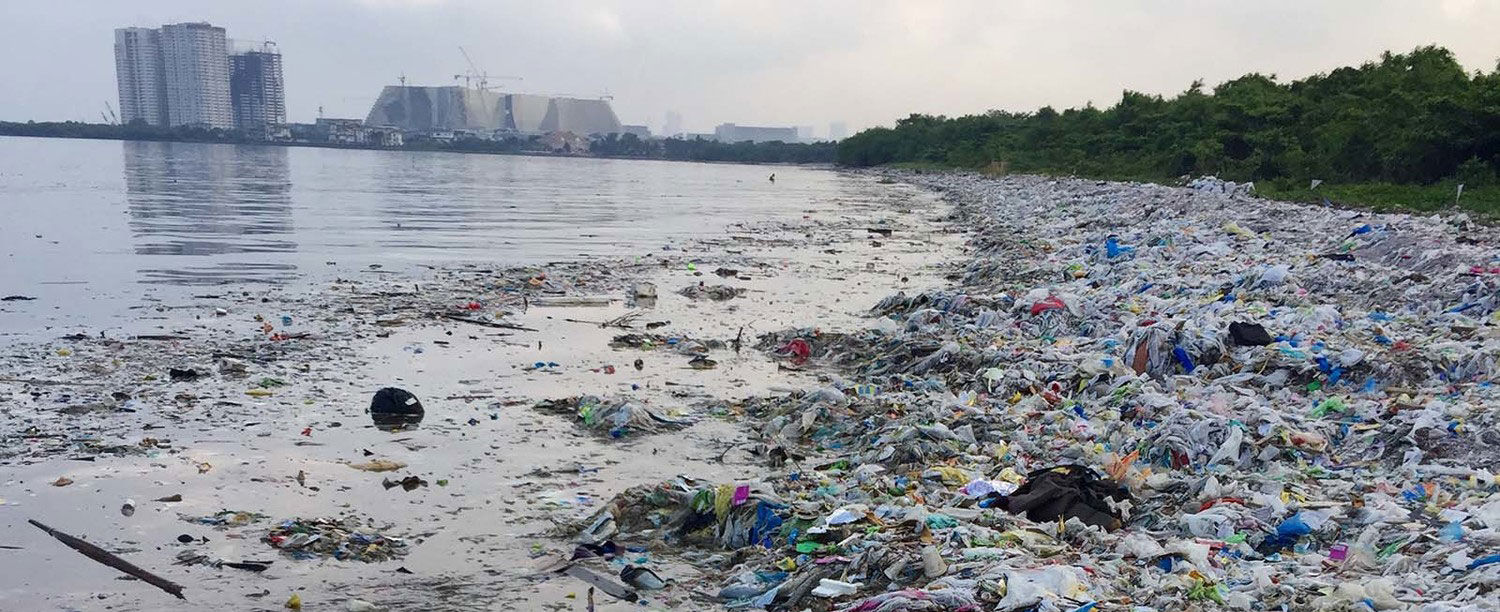
SACEP and World Bank are collaborating to formulate and implement a US$ 50 Million regional project on ‘Plastic free Rivers and Seas for South Asia’.
The menace of plastic waste that pollutes land, flows into river systems and, ultimately into oceans, poses national, regional, and global threats to development. The qualities that make plastic useful—lightness, durability, strength, versatility and low production costs—have resulted in fast growing demand, but mismanaged plastic waste has also created a mounting global ocean pollution crisis.
The fifteenth meeting of the Governing Council of SACEP held on 06th November 2019 in Dhaka, Bangladesh endorsed the SACEP’s collaboration with the World Bank and their development partners to formulate and implement a regional project on Plastic free Rivers and Seas for South Asia involving SACEP as an implementing agency for the benefit of the South Asian Region.
The Project Development Objective (PDO) of the Plastic free Rivers and Seas for South Asia (PRS) project is to catalyze actions that reduce the flow of plastic pollution into South Asian Seas. The project consists of four main components totaling US$40 million from IDA that will be implemented over a period of five years in all eight countries in South Asia – Afghanistan, Bangladesh, Bhutan, India, Maldives, Nepal, Pakistan and Sri Lanka. A summary of activities is provided as follows.
The project has three components:
Component 1. Supporting Competitive Block Grant Investments to Reduce Plastic WasteThe South Asia Co-operative Environment Programme (SACEP) is the implementing agency for this project.
Visit PLEASE Project Website| # | Document Title | Date | Country |
|---|---|---|---|
| 1 | Summary Report of National Stakeholder Engagement Workshop under 'Plastic free Rivers and Seas for South Asia' Project | 11 March 2020 | Colombo, Sri Lanka |